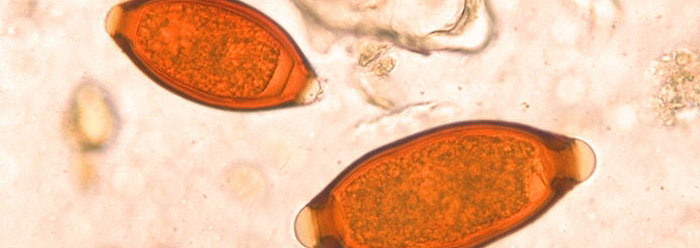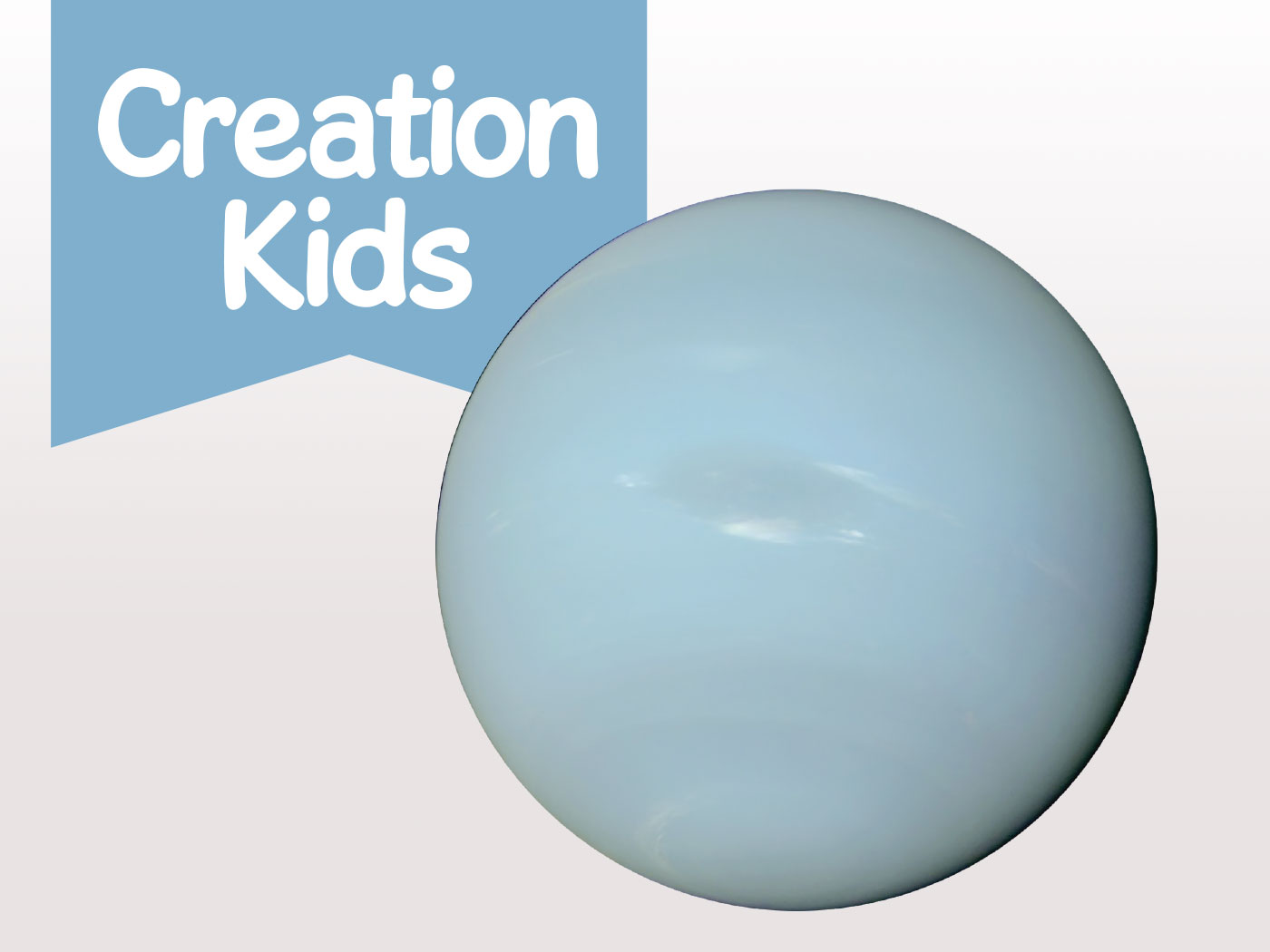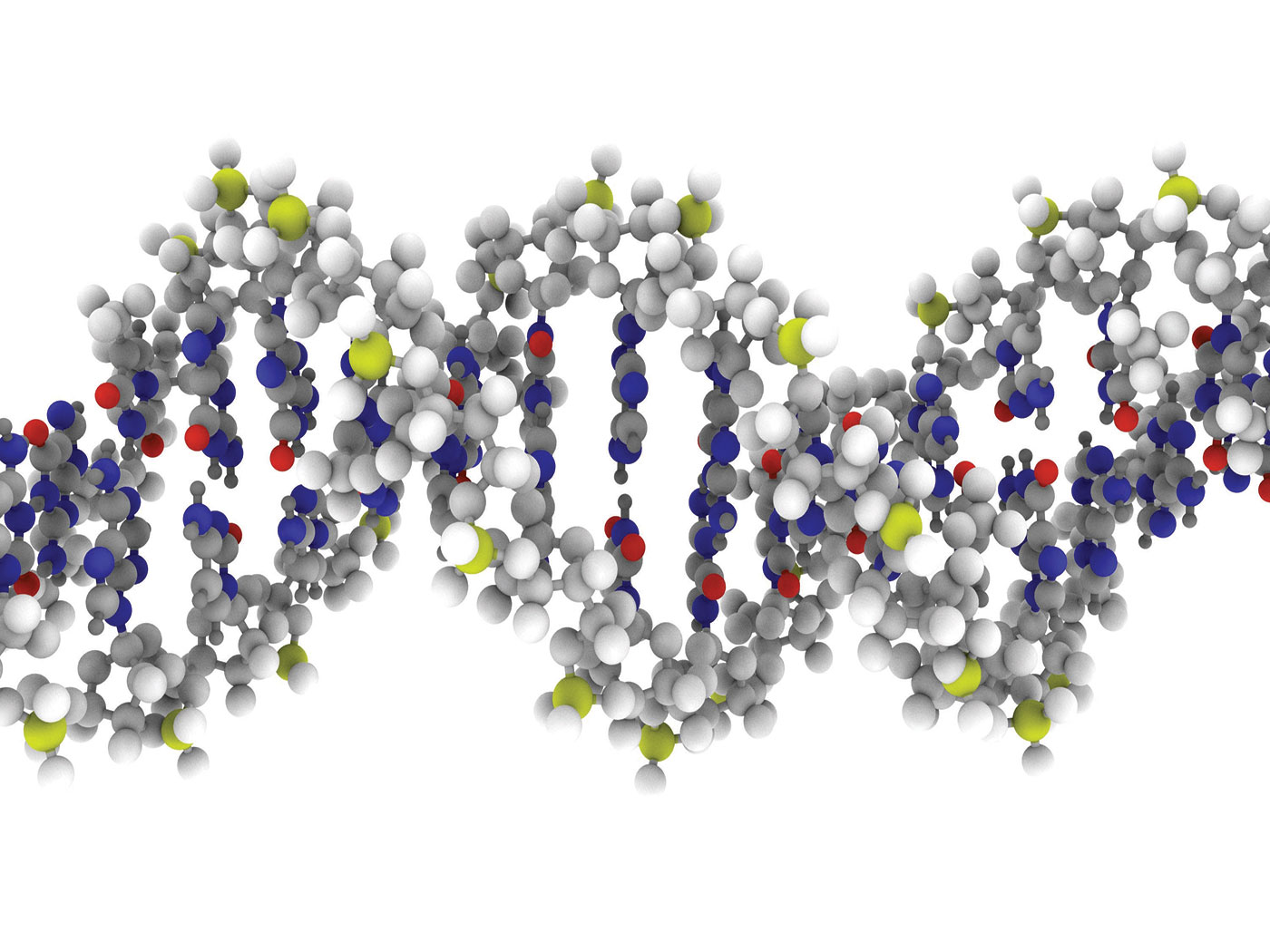Some people challenge the existence of the Christian God by asking questions like “If God always has good intentions and is all-powerful, why would He make things like parasitic worms that harm other organisms by invading their intestines?” New findings present an intriguing answer and show that questions that are worded that way harbor a wrong assumption.
Several years ago, doctors told an unidentified man that his ulcerative colitis had become so severe that a colectomy was imminent. His colitis occurred when his immune system attacked its own intestinal tissues. The patient located research by Joel Wienstock, now at Tufts Medical Center in Boston, on using parasitic worms as a treatment. The ailing man obtained whipworm, named Trichuris, eggs from a parasitologist in Taiwan and swallowed them. The worms worked.
In early December of this year, National Public Radio highlighted the research of parasitologist P’ng Loke.1 Loke began working with the man who had successfully treated himself with the parasite eggs. They both wanted to know the mechanisms behind the worms’ unexpectedly helpful habits.
When the initial dose of worms died off, the man’s colitis returned. He ingested more worm eggs and again improved. To study the situation thoroughly, Loke and his colleagues analyzed the patient’s tissues before, during, and after additional rounds of beneficial infection. They found that once hatched, the worms interacted specifically with the intestine’s tissue, helping it properly produce mucus and heal the colitis.
The NPR news program All Things Considered reported that “the worms were causing the body to produce a substance called IL-22.”1 This substance promotes growth and healing of the intestinal lining, and it may have other functions.
Loke was senior author of a research paper in Science Translational Medicine on using the parasitic worms as a treatment. The paper stated that infectious worm “colonization may have the potential to regulate intestinal inflammation in inflammatory bowel diseases.”2 It does this by regulating a balance between IL-22 and other cytokines, proteins involved in communication between cells.
Although many people’s intestines are able to function fine without worms, perhaps some worms that are parasitic today were originally designed to maintain a healthy colonic balance. A good God could have created them with that original good purpose, which was later corrupted by the curse on all creation that resulted from man’s sin.3
In fact, since Trichuris worms induced intestinal tissue to activate “genes involved in carbohydrate and lipid metabolism,”2 it appears that they were designed with specific chemical signals that send precise messages to cells of a totally different species. Such precision, impossible by chance, clearly points to divine design.
Oddly enough, worms can restore the right signals to better balance the intestinal immune system. On the other hand, when these same worms overpopulate the gut, they can open wounds, causing bloody diarrhea. Taken together, these facts fit with the concept of a once-excellent system that has become marred. The worm-to-intestine chemical communication points back to creation, and the diseases point back to the curse.
So the next time someone asks, “Why would God create harmful creatures if He is supposed to be good?,” show how the beneficial infections of Trichuris worms disprove the assumption that infections are always harmful.
References
- Hamilton, J. Eat Your Worms: The Upside of Parasites. All Things Considered. Transcript posted on npr.org December 2, 2010, accessed December 6, 2010.
- Broadhurst, M. J. et al. 2010. L-22+ CD4+ T Cells Are Associated with Therapeutic Trichuris trichiura Infection in an Ulcerative Colitis Patient. Science Translational Medicine. 2 (60): 60ra88.
- Genesis 3:17-19; Romans 8:22.
Image credit: Public Health Image Library/CDC
* Mr. Thomas is Science Writer at the Institute for Creation Research.
Article posted on December 13, 2010.




















